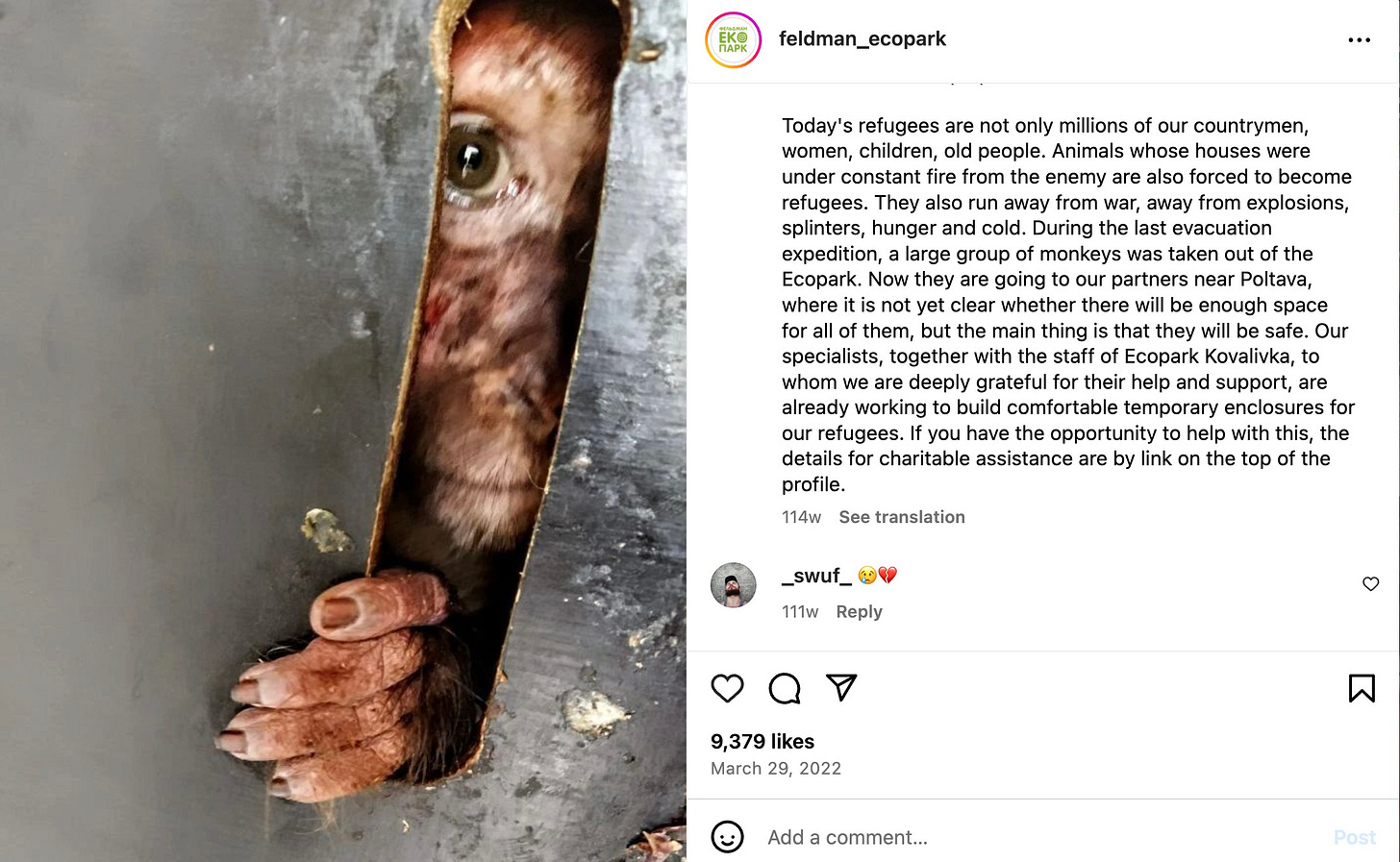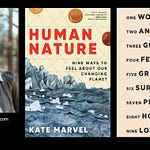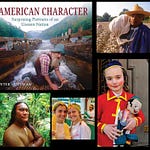Please click the ♡ button if you appreciate my work. This helps boost post visibility.
War is hell. No headline there.
But imagine war expierenced through the eyes and ears of lions, chimpanzees, camels and other creatures in a wildlife park in northeastern Ukraine, and experienced by their keepers and a ragtag crew of volunteers who rushed to evacuate them as Vladimir Putin’s full-scale invasion played out in 2022.
That is what you’ll experience, through a rollercoaster mix of heart-stopping and heartwarming scenes, when the documentary “Checkpoint Zoo” gets into theaters or streaming sites after its premiere at the Tribeca Festival today. I hope the film gets wide distribution.
“Checkpoint Zoo” tells the story of Feldman Ecopark, a sprawling zoo and wildlife sanctuary on the outskirts of Ukraine’s second biggest city, Karkhiv, just 30 miles from the Russian border. The facility was created in 2011 by Oleksandr Feldman, one of Ukraine’s richest businessmen. A philanthropist focused on social issues, Feldman made the zoo a hub for therapy for children with disabilities and rehabilitation for drug addicts. If you scan pre-war social media, it’s all happy-go-lucky scenes.
Then came the full-scale invasion on February 22, 2022. Five weeks in, Feldman posted an online plea for help as his staff and a passionate batch of volunteers raced to relocate the animals even as Russian attacks blasted buildings and rockets fell. Here’s Facebook video from the park in early April that year showing a shell next to animal enclosures.
Ultimately six people were killed in the animal evacuation efforts, including a 15-year-old boy, according to the film and other news reports. The park has since reopened but of course faces new threats as Russia has renewed its offensive around Karkhiv.
The film, directed by Joshua Zeman, skilfully weaves video from a trove recorded on the run by zoo staff and powerful interviews and imagery filmed by Zeman and his crew in three trips to the region in late 2022 and 2023 - during which explosions can occasionally be heard and, in one case, filmmakers and other journalists scramble for cover along with their subjects.
The result is an extraordinary portrait of the jarring mix of humanity and inhumanity created in wartime. There is heroism, wrenching loss, boundless love and a key component of any film - transformation. In this case, one of the young volunteers, a veterinarian, goes into military service as a medic.
The presence of non-human animals, as both victims and witnesses to the best and worst our species has to offer, further intensifies the experience and the leaves the viewer full of tough and essential questions.
I hope you’ll take time to watch or listen to my Sustain What conversation with Zeman. (Here’s the super rough Trint transcript.) I got to know know and respect his work through his previous documentary, “The Loneliest Whale.” That 2021 film was inspired by a short news story I wrote for The New York Times back in 2004 about the mystery of an elusive great whale in the vastness of the Pacific Ocean calling out at a frequency distinct from that of any known species.
When there’s a trailer or clip from “Checkpoint Zoo” online I’ll add it here, but in the meantime have a look at this video posted by the folks at Feldman Ecopark:


















Share this post